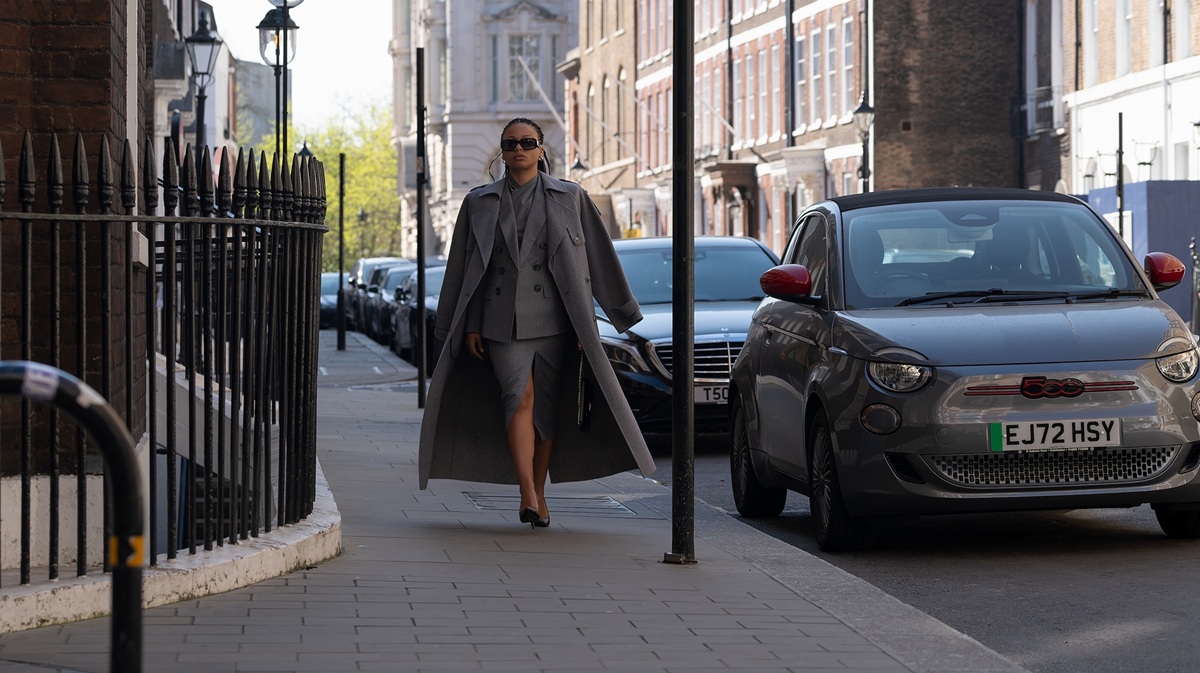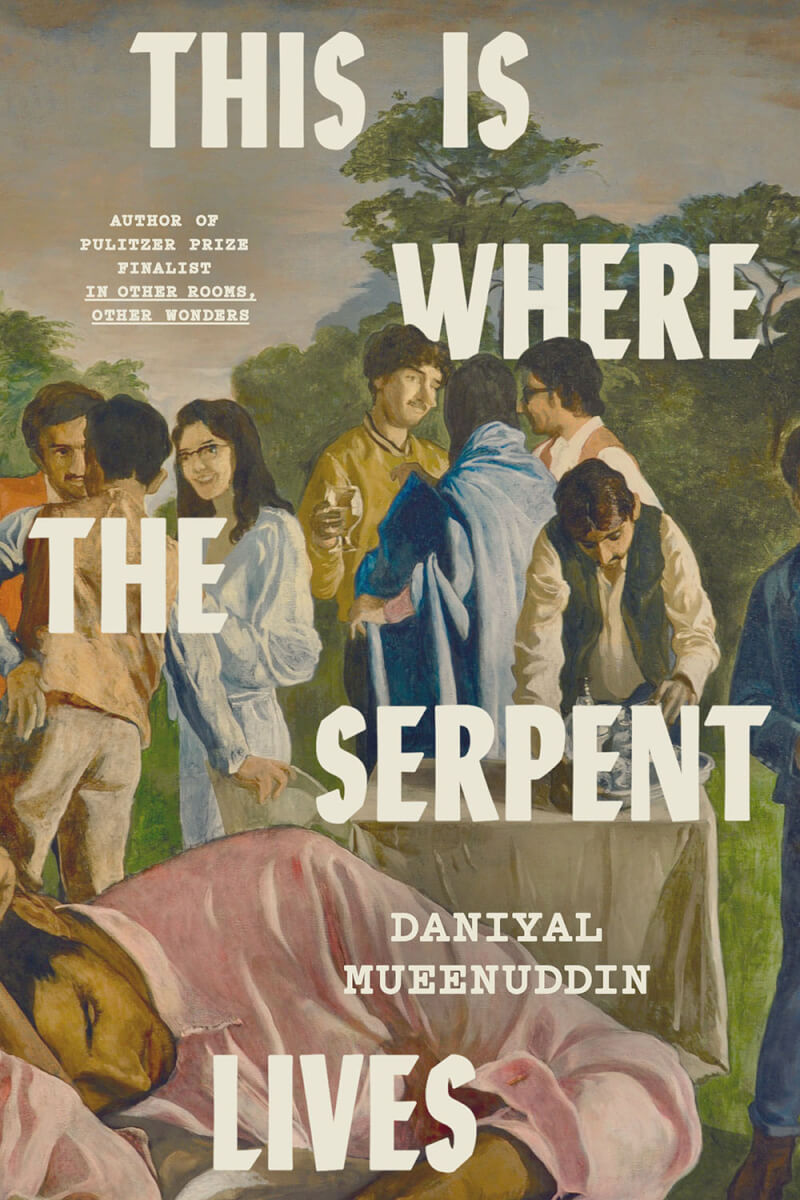Frank Bruni, a contributing Opinion writer, hosted a written online conversation with Matthew Continetti, the author of “The Right: The Hundred Year War for American Conservatism,” and Olivia Nuzzi, the Washington correspondent for New York magazine, to banter and bicker about the first debate of the 2024 presidential election between President Biden and Donald Trump.
Frank Bruni: Olivia, Matt, I thank you for joining me and I wonder if you’re as disoriented as I am. A general-election presidential debate in June? Which wasn’t organized by the Commission on Presidential Debates? And pits the current president against his immediate predecessor, who recently turned 78 but is the spring chicken onstage? It’s the Anomaly Olympics. What does that say about this moment in America?
Matthew Continetti: The dizziness you feel is the result of a truly strange presidential election. This is the first presidential rematch since 1956, and the first time a current president has faced a former president since 1892. Biden and Trump are the oldest presidential candidates in history, and among the least liked. Also, as you may have heard, one of the candidates was recently convicted of a crime. The word “unprecedented” was invented for 2024.
Olivia Nuzzi: I am usually disoriented when I look at our political landscape. The unusual decision to have a debate before the nominating conventions seems to be about two things that the campaigns are in rare agreement on: 1. They have long been unhappy with the commission. 2. The outcome of this election, like the 2016 election, seems likely to be determined in part by the presence of third-party candidates. By holding a debate this early, the Biden campaign was able to keep Robert F. Kennedy Jr. off the stage, something both major-party nominees have an interest in.
Bruni: Yes, poor R.F.K. Jr. My heart breaks.
Nuzzi: I think it was a mistake to exclude him not just because it deprives voters of information they say they want, but strategically for the major-party nominees, they might emerge from this debate even less popular, making them more vulnerable to a third-party threat.
Bruni: In terms of polling, the Trump-Biden race has been remarkable for its stability over the past six months. The numbers haven’t changed that much despite a churn of events, some of them set — as you alluded to, Matt — in a Manhattan courtroom and featuring the word “felon.” Does that suggest to you that this debate probably won’t move the needle? What would have to happen for it to really shake things up?
Continetti: I’ve long believed that general-election debates are less important to election outcomes than many in our profession seem to think. Larger structural forces, like the state of the economy and the condition of the international order, play a greater role in determining voter behavior. Candidate quality reveals itself before, and after, the party nominees meet in these refereed sessions. This debate is taking place much earlier in the cycle than usual and may be long forgotten by the time voters cast ballots or visit the polls.
Nuzzi: This is anecdotal, but it seems that, since leaving office, Trump has enjoyed a sort of vacation from consequences as it relates to his public persona. Yes, he was held accountable by 12 Manhattan jurors. Yet the Trump that I have seen breaking through in the culture over the last few years has been a source of comic relief. He doesn’t seem so scary. He’s a great character who provides fodder for great memes. The American public ought to be reminded about who Trump is as a politician. A debate will be a useful way to reintroduce Trump, with real stakes.
Bruni: Olivia, your answer suggests that you perhaps see Trump as the one with more to lose on Thursday night. Is that so?
Nuzzi: In this debate, both candidates have much more to lose than they have to gain. For Biden to succeed, he needs to appear less old than Trump appears crazy — as he did in 2020, by just coming across as the more normal man.
Bruni: Matt, would you agree that both candidates have more to lose than to gain? Is the winner the lesser loser? (God, how Trump would hate this language.)
Continetti: Biden has more to gain than to lose in this debate. He’s been running behind Trump for some time, especially in the crucial battleground states. Since Trump’s conviction, however, Biden has narrowed the gap nationally. A good debate performance will keep this momentum going. It’s Biden’s latest — and perhaps his last — opportunity to change the story of this election.
Bruni: Olivia, you’ve been such a close observer of Trump — and have interviewed him many times throughout his political rise, beginning in 2014. I’d love your thoughts on whether he’s devolved significantly and whether that poses a huge risk for him in the debate. All the focus on Biden’s cognitive state sometimes distracts from Trump’s.
Nuzzi: I’ve been rewatching presidential debates: Nixon versus Kennedy, which was reportedly an inspiration for the format of this debate; Bill Clinton, George H.W. Bush and Ross Perot (in 1992); and the 2020 Trump versus Biden events. The most surprising and shocking thing about last cycle’s debates, when I watch them now, is how much younger both candidates seemed just four short years ago.
Bruni: That’s hardly the only new variable. Inflation over recent years has profoundly hurt Biden, and he can’t turn back the clock and erase it. But is there something he could and should say about the economy on Thursday night that might alleviate the damage?
Continetti: Biden has to switch from a message that boasts about the economy to a message that distills what he’s doing to bolster incomes and lower prices. I’ve seen his campaign moving in that direction, but slowly and in fits and starts.
Nuzzi: I assume part of Trump’s criticism, as it has been at his rallies, will be about the Biden economy, and how much better the Trump economy was. The tricky thing for Biden will be to fight back against Trump’s salesman pitch, which — even if viewers know that he doesn’t tell the truth, to put it mildly, and he exaggerates profoundly — might still strike a chord. A lot of people are struggling.
Bruni: When it comes to Trump, some undecided or persuadable voters recoil from his erratic behavior, extravagant fictions and nasty language. Is there anything he can do to persuade them that a turnoff shouldn’t be a deal breaker?
Continetti: One reason the election is so close is Trump’s performance among independent voters. He won independents in 2016, then lost them to Biden by double digits in 2020. His unexpected comeback in recent years is the result of these voters, as well as some minority voters, leaving the Biden coalition.
The danger for Trump is that some polls suggest independent voters seem to be drifting back toward Biden. If he wants to stop this trend from accelerating, Trump must keep the focus on Biden’s failures on inflation, the southern border and foreign policy. A personality contest is a contest Trump may well lose.
Nuzzi: The trick for Trump will be to avoid getting tangled up in criticisms of his own record, including his conviction in Manhattan, his two impeachments and his behavior on Jan. 6, 2021. If he can fight against his impulse to take any bait that is waved before him and instead focus on Biden’s failures and his promises for a second term, then I suppose he can succeed.
Bruni: I love that you both used the word “focus” in proximity to Trump. That feels to me as much like fantasy as half of what comes out of his mouth.
Let’s spend a moment on that felony conviction. Biden and other Democrats have grown more aggressive lately in underscoring it. OK, amplifying it. OK, shouting it. What’s the right level of attention — if any — for Biden to give that on Thursday night? And beyond that, is Biden’s best strategy to tangle with and try to provoke Trump or to ignore Trump’s antics? Pugilistic or presidential? A glare or an eye roll?
Continetti: I expect that Biden, and the moderators, will mention the Trump conviction repeatedly. I also expect Biden to reply to attacks he thinks are unfair or untrue. The potential for this debate to degenerate into the shouting and cross talk we witnessed during the first debate in 2020 is high.
Keep in mind that, while these candidates have debated before, neither man has done a debate in four years. That’s another twist to an already weird campaign.
Nuzzi: I am very curious to see how the format, particularly the mic muting, will impose control on both candidates.
Continetti: The mics may be muted, but the candidates will still open their mouths.
Nuzzi: That’s true. I wonder how it will appear if, let’s say, Trump’s mic is cut off and he continues to speak and gesticulate.
Bruni: Both that mic muting and the absence of an audience are terms that the Biden campaign asked for and got and that seem to work to his advantage, no? Why do you think Trump and his team agreed to the format? Did they make a mistake?
Nuzzi: The Trump campaign is clearly pretty confident that the optics of Trump onstage with Biden will be good for them no matter what. Trump certainly has declined in recent years. But post-conviction, I have been struck by his performance at rallies, just in terms of his stamina and his sharpness. What he is saying is crazy a lot of the time, but there’s a certain joie de vivre that I suppose you can only achieve once freed from the confines of a criminal court. I think the format helps Trump, not Biden. The network will be imposing control on a candidate who does not have the self-control to self-impose.
Continetti: I think Trump was so eager to debate Biden that he had no choice but to agree to the debate format. He may regret that decision by Friday.
Bruni: I’ve always taken the instant agreement to the terms to be yet another reflection of the Trump campaign’s near certainty that Trump will appear more potent onstage than Biden. We’ll see. As Olivia points out, Trump isn’t the same Trump of four years ago. All the cruelty, half the coherence. All the venom, half the vim.
Continetti: I do agree with Olivia that, all things equal, the rules could help Trump by keeping Biden center stage. Ultimately, Trump will decide if he wants the debate to be about the incumbent, or about him.
Bruni: I have an additional format or procedural question. Should the moderators, Jake Tapper and Dana Bash — heaven help them — correct candidate misstatements in real time or at least push back against the wildest claims? Or, with Trump onstage, is that a road too rocky to go down?
Continetti: My preference is for moderators to get out of the candidates’ way. Let Biden, not CNN, take on Trump.
Nuzzi: I completely agree. The debate should be about the candidates, not the moderators.
Bruni: If you were moderating, what one question would you most like to ask Trump and what one question would you most like to ask Biden?
Continetti: I’d ask Trump why he failed to complete the southern border wall despite enjoying G.O.P. control of Congress between 2017 and 2019. And I’d ask Biden why his national security team is still in place despite the Afghan debacle, the failure to deter Russia from invading Ukraine and the wars in the Middle East.
Nuzzi: What I really want to ask Trump is, When did you first begin to have trouble falling asleep at night? and When was the last time you cried? But a debate wouldn’t be the proper venue for those questions. Because both candidates have served in the office before, I would ask each to disclose their biggest regret. What did they get wrong?
Bruni: OK, let’s finish with a lightning round — or a lightning-ish round — that also brings just a dab of needed levity into the mix. On Thursday night, what one word does Biden utter most often?
Continetti: “C’mon.”
Nuzzi: “Man.” As in, “C’mon, man,” or “Really, man,” or “I’m not kidding around, man.” Or, as he famously said in a 2020 debate, “Will you shut up, man?”
Bruni: What one word does Trump utter most often?
Continetti: “Sleepy.”
Nuzzi: “Indeed.” No, I’m kidding. Probably, “very,” as in, “Joe Biden is very, very bad,” or “very, very dishonest,” or “very, very old.”
Bruni: If you were a part of debate prep, would you rather play Trump in Biden’s practice sessions or Biden in Trump’s practice sessions?
Continetti: Trump, of course. It’s always better to play the rogue.
Nuzzi: I think I could bring a lot of depth and nuance to my portrayal of President Biden. It would require a lot of subtlety. I’m available for the challenge. Call me, guys (but you have to let me write about it)!
Bruni: We’re inevitably getting closer to Trump’s selection of a running mate. If you were advising him and had the last word, who would you have him pick and why?
Nuzzi: I don’t know who he should pick, but I am pretty confident he will pick J.D. Vance. It’s my hope that he picks someone who, like Mike Pence, is committed to upholding the Constitution, not an oath to serve one man.
Continetti: Trump’s selection of Pence in 2016 was savvy. Not only did it reassure Republican elites, but it also connected Trump to a key constituency (evangelical Christians) that had been wary of him.
This time around, Trump has the support of the religious right. But he needs to win independents and suburban voters. A veep who appeals to those cohorts would help the Trump campaign. That’s why I’m looking in Glenn Youngkin’s direction.
Bruni: Matt, is Youngkin your prediction as well as your advice? Or would your prediction be different?
Continetti: Where Trump is concerned, I gave up predictions long ago.
Bruni: Lastly, your electric boat is sinking and its battery is fizzling, raising the possibility of electrocution! But there are sharks nearby! Do you hold onto the boat or swim in a shark-ward direction?
Nuzzi: Sharks! I think we’d get along.
Continetti: I feel like you’ve hit on an excellent metaphor for this presidential election. But you left out a third option: swim away from the sharks!
Bruni: Thank you both for the maritime advice and all else. Great to be swimming in a school of pundit-fish with you. Until next time.
Source photographs by Jim Watson, Saul Loeb, Justin Sullivan and Peter Turnley, via Getty Images
The Times is committed to publishing a diversity of letters to the editor. We’d like to hear what you think about this or any of our articles. Here are some tips. And here’s our email: letters@nytimes.com.
Follow the New York Times Opinion section on Facebook, Instagram, TikTok, WhatsApp, X and Threads.
Matthew Continetti is the author of “The Right: The Hundred Year War for American Conservatism.” Olivia Nuzzi is the Washington correspondent for New York magazine.








